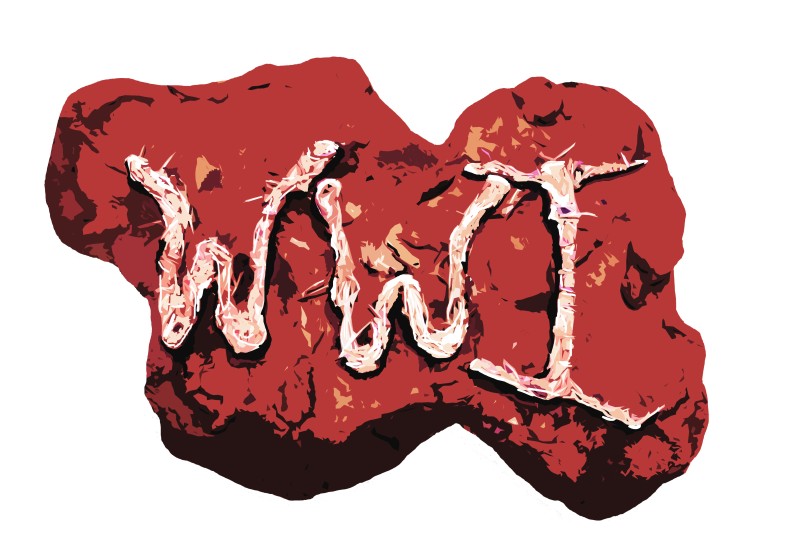During the academic year 2014/15 we had the exciting and challenging task of recording, researching and creating this online resource. The purpose of the site is to allow all members of the public to have continued access to the series of lectures about First World War art and artists long after they have finished. We hope the site will be used by a wide range of people nationally and internationally, whether for enjoyment or to learn something new.
Over the duration of the project we, the creators of the site, have learnt so much through the challenge of creating a website to be used as a resource, including transcription, researching, website development, rules around copyright, and audio editing. If a visitor to the site walks away with something new to think about compared to what we have experienced by making this resource then we feel the project will have been a great success.
Lewis Pollard
This project really allowed me to develop my practical computer and digital skills. From creating an educational resource blog to formatting and editing video and audio and using websites such as YouTube, I have developed greater confidence and awareness of using digital content. I feel the best part of this project is its ability to meet individual needs and be available to a wider audience than the lectures alone would have been.
For this project I have had to become more versed in using blogs and social media to ensure that this site is more than just an archive of the lectures, but a base from which people can explore the content and look up related material, all from the same pages. It is allowing these public lectures to be interacted with personally, and we worked hard to make it as user friendly as possible. The creation of a social media plan will ensure that this blog continues to be used long after we have finished our part of the project. Having this site utilised in the future will be a testament to our hard work and development, and is something I am very proud of.
Emily Hills
This project has been interesting on many different levels through both the content of the lectures as well as the skills that I have developed and gained throughout the seven months of the project.
Today, accessibility is an important part of collection management; allowing many people access to collections and resources is fundamental for art galleries and museums. I feel accessibility is a key area that I have become more aware of while working on the website.
I have also developed my design skills. Designing the logo for the project allowed me to transfer my creative skills from my undergraduate Fine Art degree and relay them into a graphic design sense. As the logo was to be seen by a range of different people with different visual requirements it needed to be clear and accessible. With this in mind I developed my skills with Adobe Photoshop and Indesign to allow me manipulate and tweak the logo to make it clear and easy to read.
Similarly to Lewis, I developed a greater knowledge about how to use and develop websites and blogs. Before the project my knowledge of WordPress was extremely limited; I only knew how to write a simple blog post. Now, due to the requirements of the project, I can use simple computer code to insert links to other websites, embed links to other uploaded content such as on Soundcloud and make content downloadable for users. Without the push from the project to adapt my digital skills, I would have struggled to do so and these new skills will be extremely useful in the future as art galleries and museums becomes more digitized.
This site is not only the combined effort of ourselves. Thanks to the contributions of Lucy Moore, Claudia Sternberg, The Discovery Centre, Leeds Art Gallery and Nigel Walsh and the MyLearning team, we have allowed a lot of different ideas to come together to make this the most effective resource we could create.
The expertise and help we had access to allowed us to test our ideas and to learn the skills to tackle a lot of the content ourselves. Thus we were able to develop our ideas and make our own mistakes as we learnt. The skills and experiences we have gained will be invaluable to us as we move on to further projects. We are proud in our role in preserving these lectures and to be part of the Legacies of War project, and we hope this website will allow visitors to get as much out of this project as we have.
Emily Hills & Lewis Pollard (July 2015)
